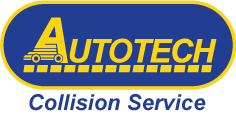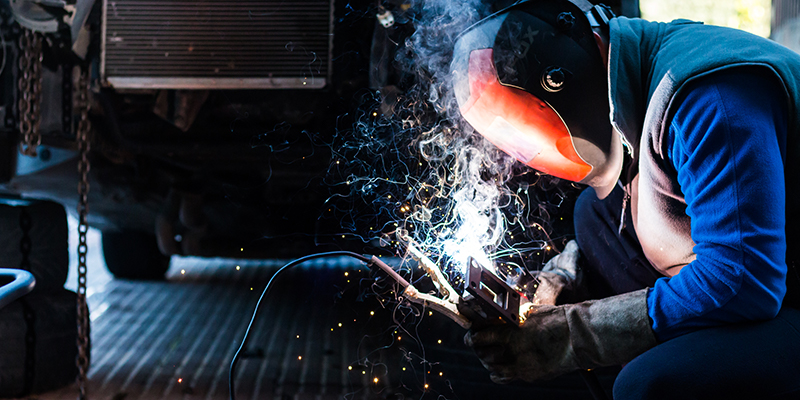Have you ever gotten a repair estimate and spotted the term “destructive weld testing” and wondered what that meant? You wouldn’t be alone especially since you would normally not want the word “destructive” anywhere near your vehicle you are attempting to get repaired.
When we take our cars to be repaired at a collision center, we usually assume and trust their technicians know what they are doing and always do things right. Majority of collision repairs require welding and performing a “destructive weld test” is part of doing things the right way.
Sadly, it is not all that uncommon for technicians who are in a hurry to skip steps that are crucial to a safe collision repair. New Jersey auto repair shops that are under pressure to produce quick repairs might skip an important step such as “destructive weld testing” because “it’s time-consuming.” The actual setup process of the welder and performance of the destructive weld test are two separate processes that are known to take a long time.

What is destructive weld testing and why do you need it?
Think of destructive weld testing the same as a band setting up to perform. It requires the actual physical set up, fine tuning the instruments, sound checks and plenty of technical wiring for the microphones and speakers. If just one element is off, the entire performance can be affected.
The same idea and care also applies to a welding machine. Every car and car part are made differently and with varying metals and steel. This makes welding a custom process, not uniform.
A truly experienced welder knows they need to dial in their welder in order to get a consistent, high quality weld on new parts. In order to achieve this they must perform destructive weld testing, where scrap materials are cut off the vehicle, and a few test welds are done. They will then perform both a “peel test” and a “twist test” where they will try and peel or twist away the metal to make sure the welds hold. Once the technician is satisfied with the weld, they can move on to your car and make as many welds as necessary on the new parts knowing that the welder is set up correctly.

So, what does that mean for your car?
If no destructive weld test is performed your car becomes the experiment. The technician has no way to know for sure how the two different metals will react under heat together. Not to mention, “each welding machine manufacturer may have its own unique configurations and setup processes” (CCC P-pages) and the shop may have more than one brand of welder being shared among the staff.
Without the full understanding from a destructive weld test, technicians could actually be damaging your car and compromising its structural integrity. The scary thing is, this occurs way more often than one would hope.
Why would a technician skip this test if it’s so important? Aside from destructive weld testing being time-consuming, it’s also a service that is “not-included procedure in all three estimating systems…” (Repairer Driven News). A less skilled estimator may not even know to put it as a line item on the estimate, and a high production shop may not include it as a way to cut costs for an insurer.
A shop should perform destructive weld testing not just for spot welding or MAG plug welding, but also for another common bonding procedure called weld bonding. This involves the use of intensely strong adhesives instead of melting metal. Its just as important to perform a test doing this method to ensure that the adhesive is correct and properly mixed.

Because some body shops will skip this step, its especially important that you research and take your car tp be repaired at a reputable collision repair center. A repair shop that takes the time to follow Original Equipment Manufacturer (OEM) repair processes and take the necessary steps like a destructive weld test will ensure your car is a safe as the day it was made.
Here at Autotech Collision Center always perform destructive weld testing before we even touch your vehicle to make sure you have the best repair possible. We follow OEM repair procedures and never have your car be the test subject for welding.
We realize you have choices when looking for an auto repair shop in New Jersey which is why we want you to know we have been safely repairing vehicles for nearly 30 years. We are the highest rated repair facility in Southern New Jersey and strongly customer focused.


